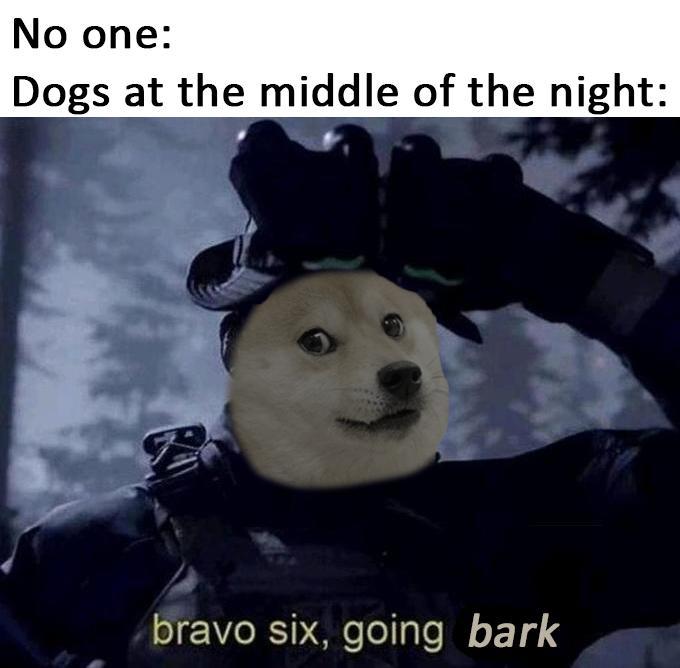Those nighttime pet noises are a real doozy sometimes! We’ve all been there; you’re dozing off, and boom, your dog starts licking or scratching vigorously.

While many nighttime dog noises are not worrisome, panting is a concern for many dog owners.
Dogs pant for various reasons, and it’s not always because they’re hungry like in cartoons. Panting is a natural way for dogs to regulate their body temperature and cool down. However, if your dog is panting excessively at night, it could be a sign of anxiety or discomfort. It’s important to monitor your dog’s behavior and consult with a veterinarian if you have concerns.
If your dog is panting and pacing at night, it could be a sign of discomfort or anxiety. Dogs may pant at night due to a variety of reasons, such as pain, respiratory issues, or even just feeling too hot. It’s important to monitor your dog’s behavior and consult with a veterinarian if the panting persists or is accompanied by other symptoms. As a dog owner, it’s natural to worry about your furry friend’s well-being and to take action to ensure they get a good night’s rest.
Stress
Stress can cause your dog to pant at night. The following are just some reasons why your dog might be experiencing stress
- Major life change
- New environment
- Change in existing home environment
- Anxiety
- Allergic reaction or general allergies
- Gastrointestinal distress
- New owner
- Fighting or conflict in home
- Yelling at dog/negative reinforcement
Other Causes
According to the Santa Cruz Veterinary Hospital, pain, and doggy dementia can also cause nighttime panting. Also, if you live in a hot environment, your dog might need to cool down.
When to See a Veterinarian
If your furry friend is panting excessively, pacing, or showing signs of anxiety at night, it’s important to consult with your veterinarian. These symptoms could be a sign of an underlying health issue or discomfort. In the case of heatstroke, immediate veterinary care is necessary. Your vet will conduct a thorough examination, perform any necessary diagnostic tests, and work with you to develop a treatment plan to help your dog feel better both in the short and long term.